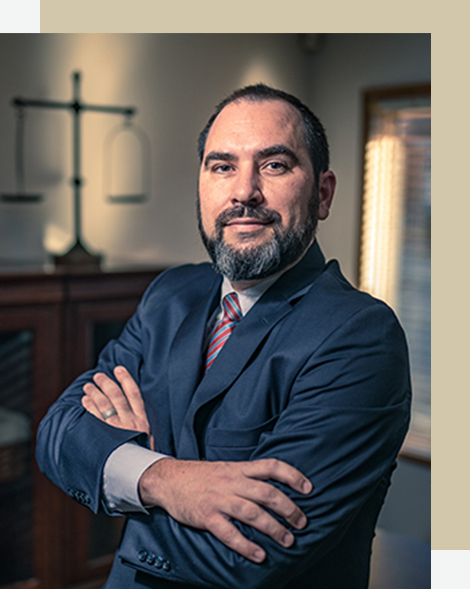If you or someone you know is interested in a pardon, more formally called a petition for executive clemency, here is some good news. In 2012, of the 507 petitions acted upon by Governor Pat Quinn, 176 were granted. (https://www2.illinois.gov/prb/Documents/prb12anlrpt.pdf) That means if your petition was acted on, you had a 35% chance of being granted a pardon. The petition for executive clemency must be received by the Prisoner Review Board (PRB) at least 75 days prior to the first date of the public hearing in order to be considered on that docket. The hearings are twice a year in Springfield and Chicago. Available dates remaining this year are April 8-10 2014 in Chicago, July 8-10 in Chicago, and October 7-9 in Springfield. You must have your petition on file at least 75 days prior to the hearing. At the hearing, the petitioner has the opportunity to speak for 12 minutes. It is optional for the petitioner to request a hearing. If the petitioner wants a hearing, he must request that specifically within his petition. If a petitioner would like to have witnesses speak, he is allowed to have up to four persons speak during his presentation. The hearing is considered informal. Different petitioners handle the hearing a variety of ways. One option would be the attorney introduces himself, comments on the highlights of the petition and letters in support and introduces the petitioner. Alternatively, the petitioner could choose to introduce himself and then have the attorney ask a series of pointed questions to the petitioner to give the Board a better understanding of the facts surrounding the conviction for which he is seeking relief. Additionally, by asking pointed questions, they might be able to elicit a more comprehensive understanding of why the petitioner is seeking the pardon, and why he think he deserves it. Do not bore the PRB by regurgitating information from the petition. A detailed factual account of the facts surrounding the conviction is critical to the Board’s evaluation of the petition. The Board wants to understand the W’s: who, what, when where, and why so they can get a feel for what happened in the context of the petitioner’s life. Then, based on the petitioner’s life experience since the conviction, they can make a more appropriate evaluation of whether the petitioner deserves a recommendation for a pardon. No petition will be accepted by the Board for review within one year of the date of a denial of a prior petition except for a compelling reason. In order to be considered, the petition must contain all of the following nine sections: (1) complete description of the conviction; (2) name and social security of the petitioner; (3) detailed statement of the facts; (4) complete criminal history; (5) a criminal background history that is performed by a live scan fingerprint; (6) personal life history; (7) the reason for which you are seeking a clemency; (8) supporting materials such as proof of military service and; (9) the petition must include the following, “I declare under the penalty of perjury that all of the assertions made in this petition are complete, truthful, and accurate.” This statement must be signed and sworn to before a notary public by the petitioner. The petition should be addressed to the Governor but mailed in its original form to the Illinois Prisoner Review Board, 319 E. Madison Street, Suite A, Springfield, IL 62701. A copy of the petition must be delivered or mailed to each of the following: (1) the sentencing Judge or the Chief Judge of the Circuit, if the sentencing Judge is no longer on the bench; (2) the current State’s Attorney of the county from which the petitioner received the conviction. Additionally, the petitioner must provide proof that the parties previously mentioned were sent copies. You can provide proof by either an Affidavit with notarized signature, registered or certified mail receipt. This proof must accompany the completed petition. In order for a petitioner to have an opportunity to appear in person, he must request to do so in his petition. If the petitioner wishes to have witnesses speak on his behalf, it is important that he include the names and addresses of those witnesses. You are only allowed to have four witnesses speak on your behalf. It should be noted that the recommendation by the Prisoner Review Board is confidential, so you will not receive any word from the Prisoner Review Board regarding their recommendation. For a sample petition, visit my website. If you would like to chat about your petition, I would be happy to speak with you free of charge. Thanks, David W. Lawler
Pardon Me? Your guide to understanding executive clemency in the State of Illinois
